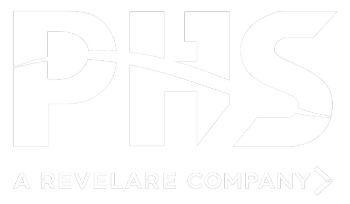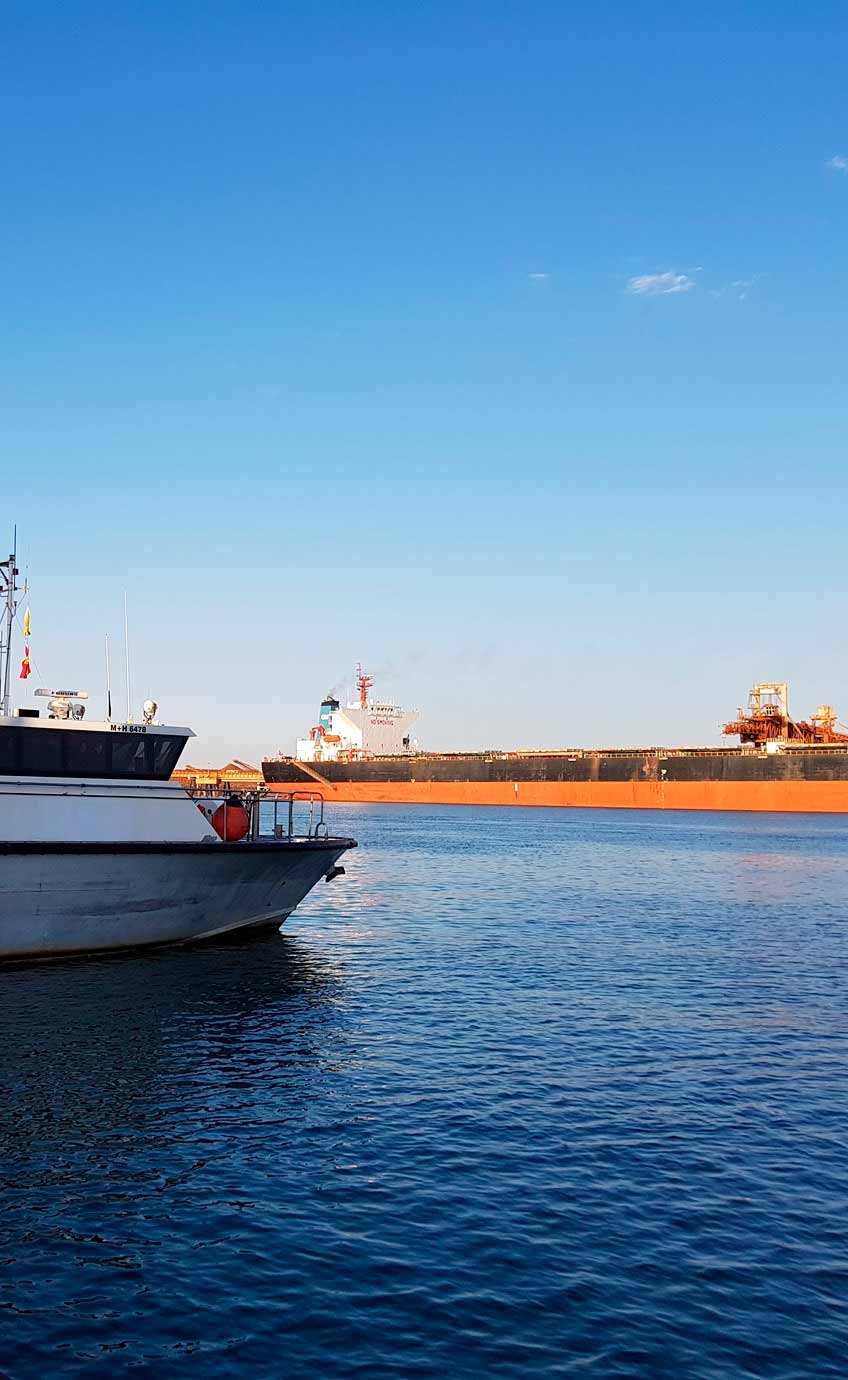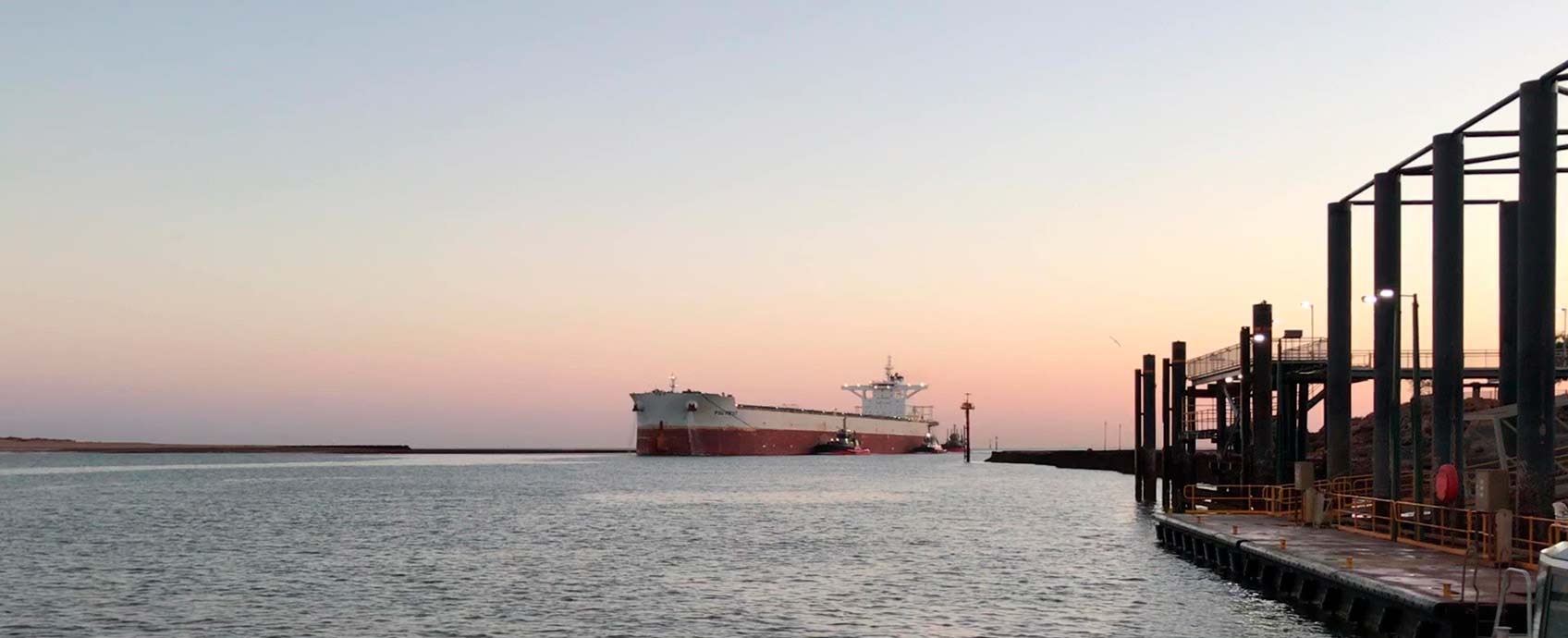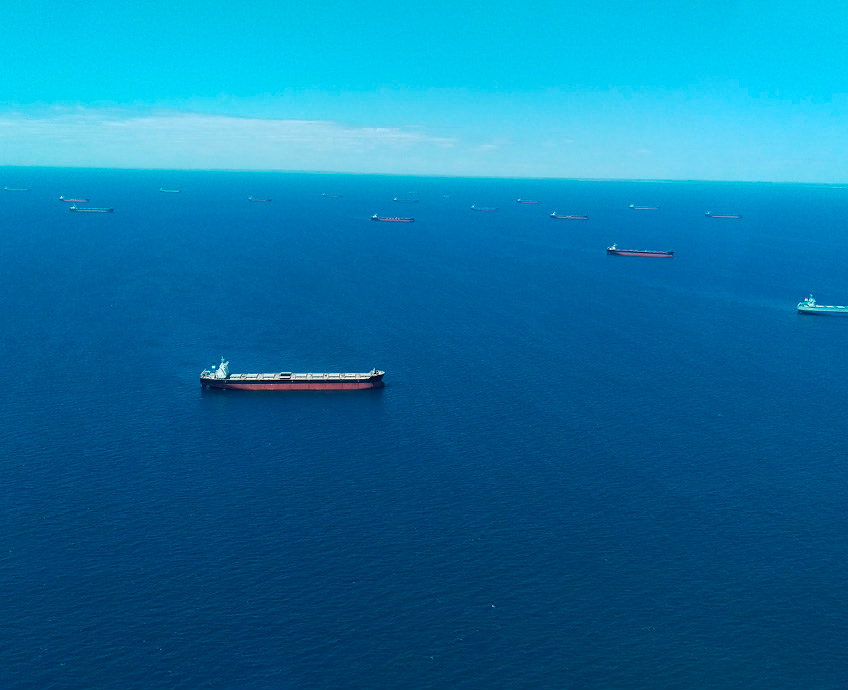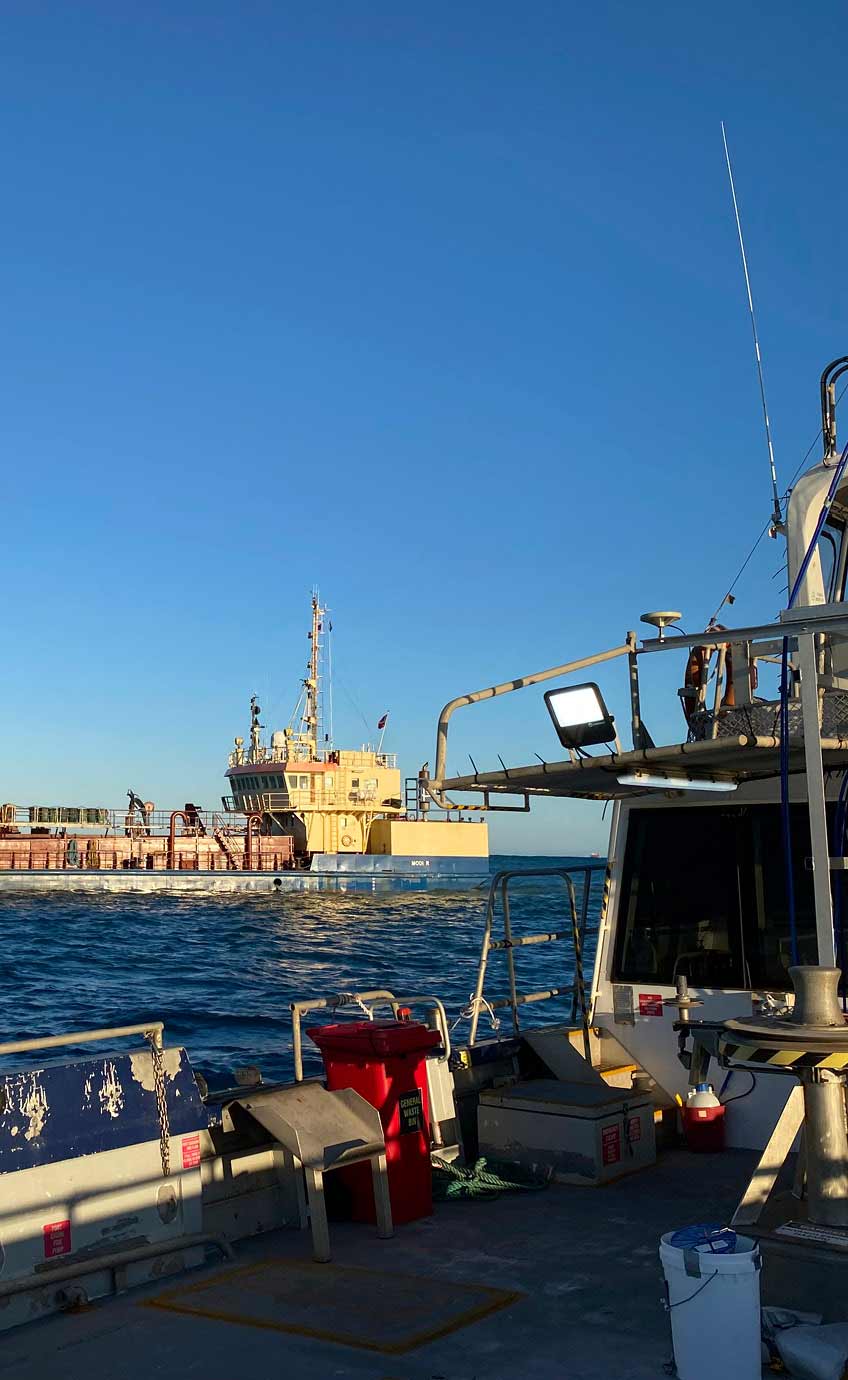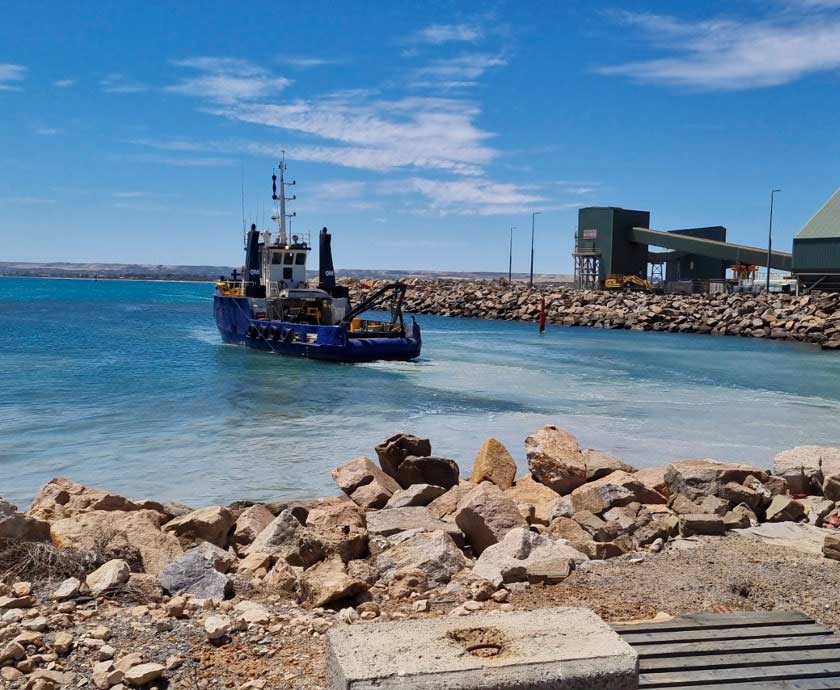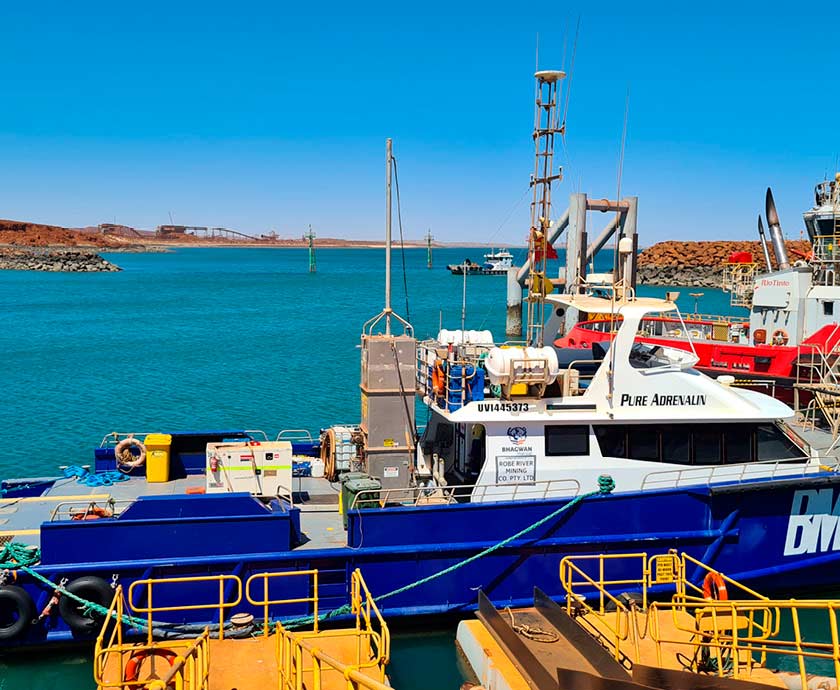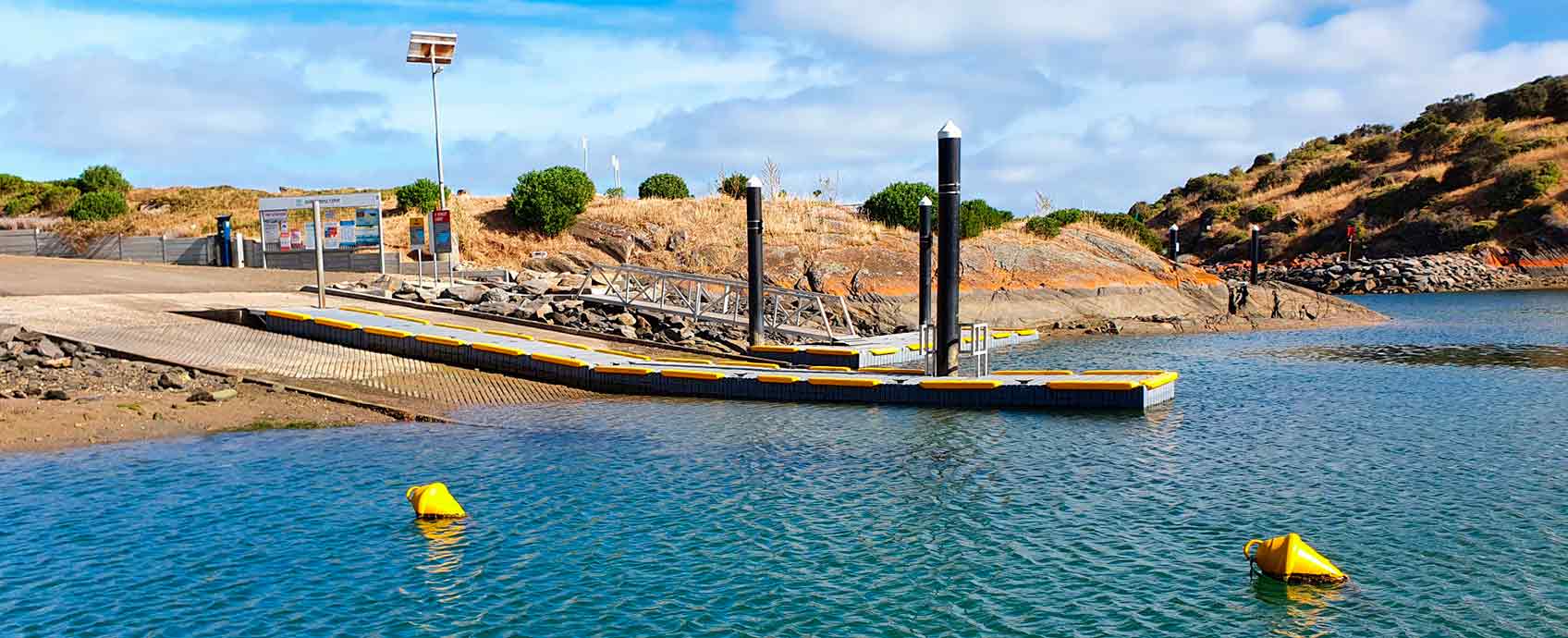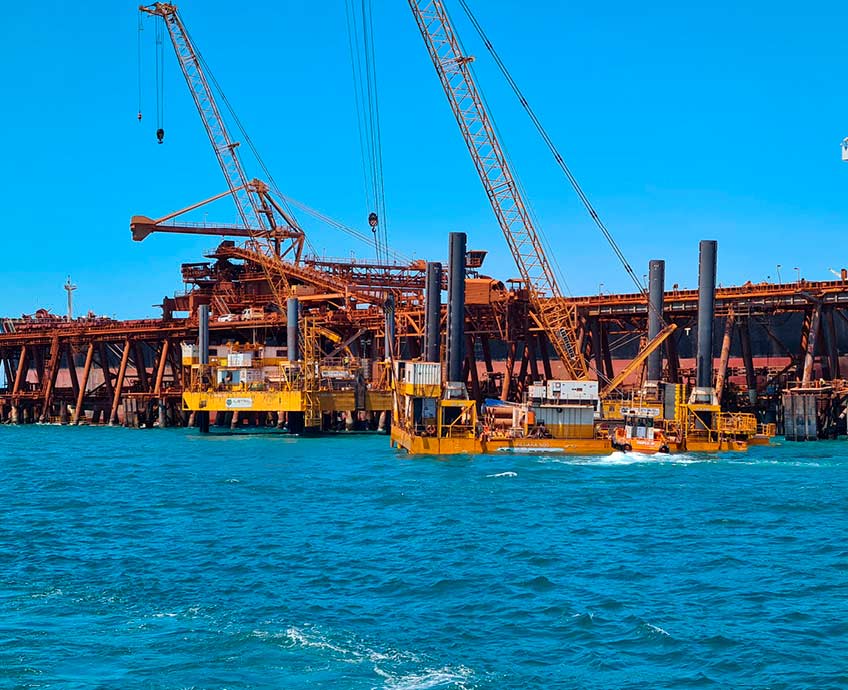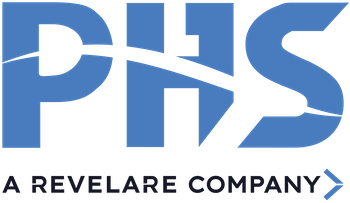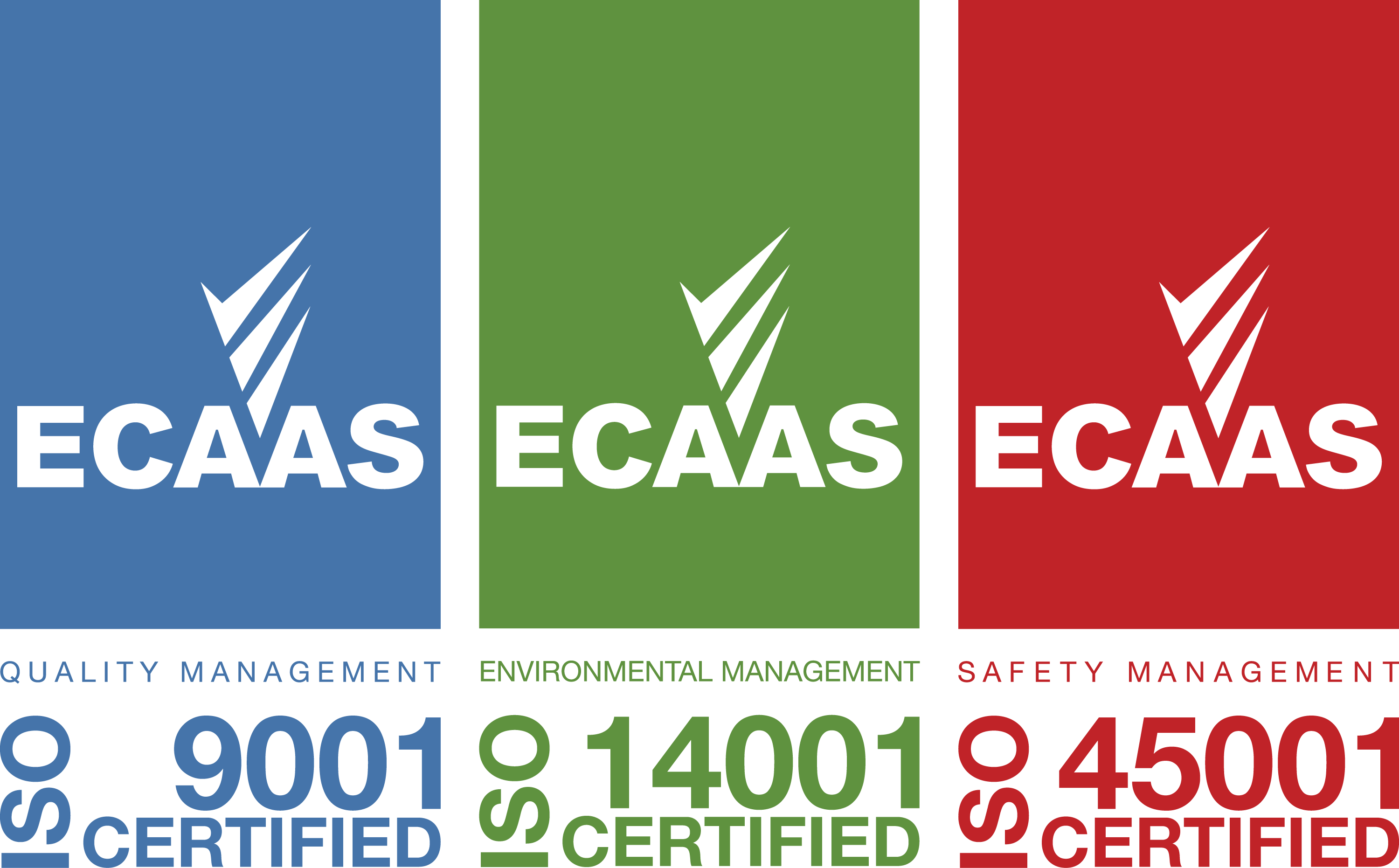Surveys for Port and Harbours
Ports, and the associated infrastructure, have significant economic and social importance to countries like Australia which is dependent on maritime trade.
Our team are port and harbour survey specialists and have a proven reputation for providing a comprehensive hydrographic survey service. Surveying in ports is critical to the management of all ports and harbours.
What does our survey team do?
PHS monitor and assess changes to the seabed. Our hydrographic surveyors collect data to be used for charting purposes and safe navigation. These charts show details about the water depth and the water’s edge, including features such as submerged rocks. The data collected can also be used to declare depths for berths and shipping channels, and to assist marine construction and dredging.
PHS can also install and maintain an extensive network of metocean (meteorological and oceanographic) equipment to aid ships navigation and improve safety on the water.
Why is regular surveying in ports important?
Why is object detection and/or debris clearance necessary in ports?
What technology is used when surveying in ports?
“PHS have assisted the Pilbara Ports Authority (PPA) by providing hydrographic surveying, tidal studies and quality control services. These services have led to a better understanding of the port in relation to available depths and tide observations, ultimately leading to a greater port capacity whilst improving safety for our visiting draft restricted vessels.”
Frans Schlack
Previously Dredging Manager at Pilbara Ports Authority (Retired)
